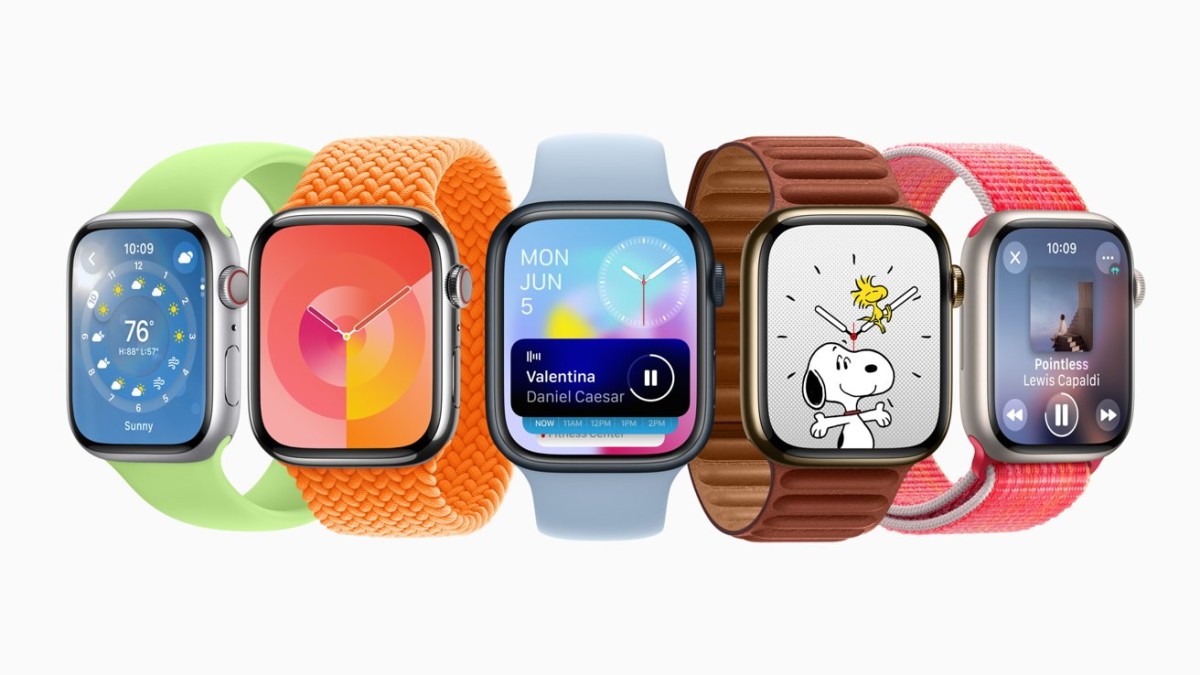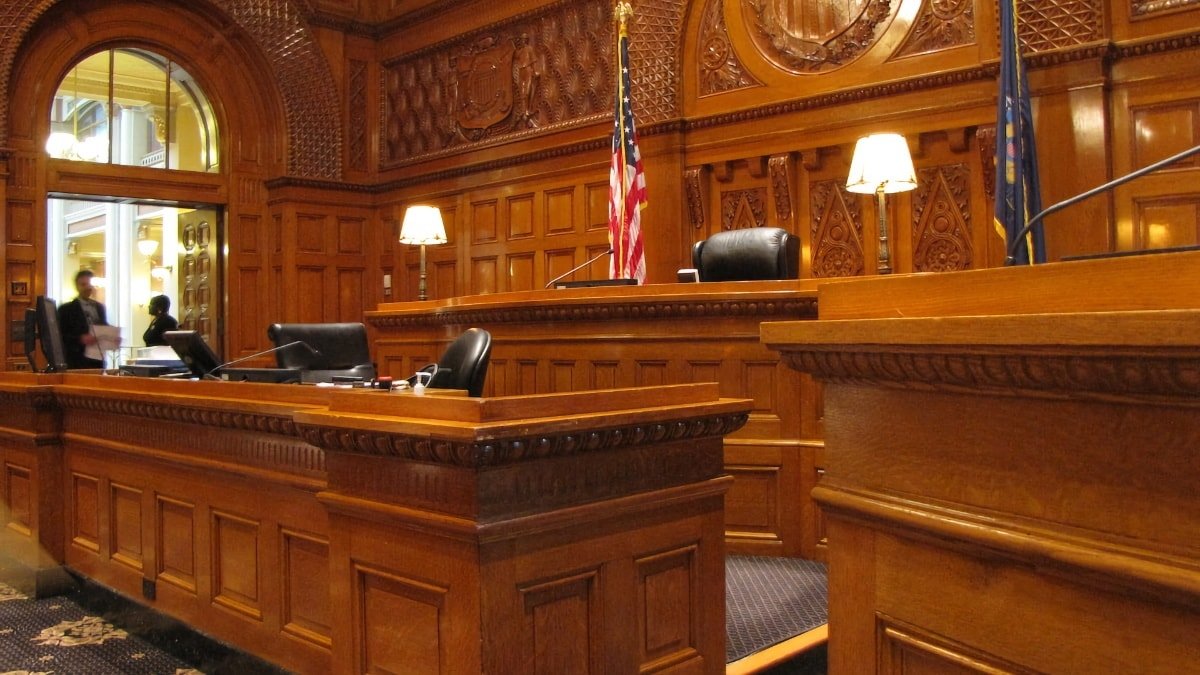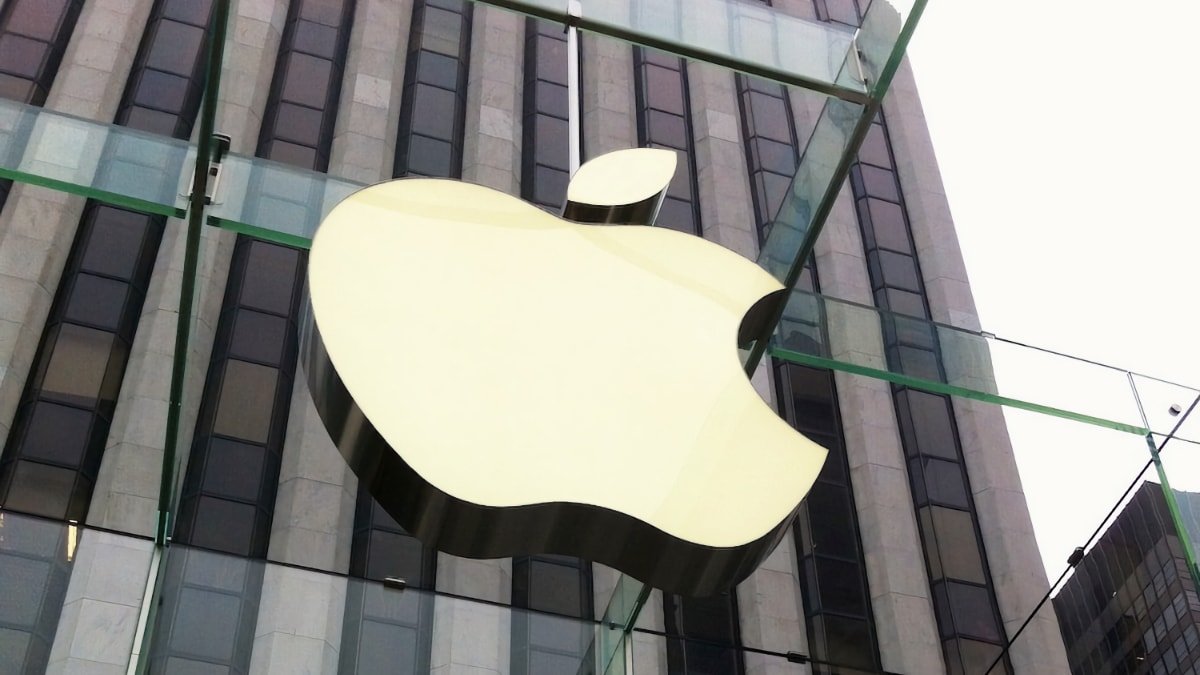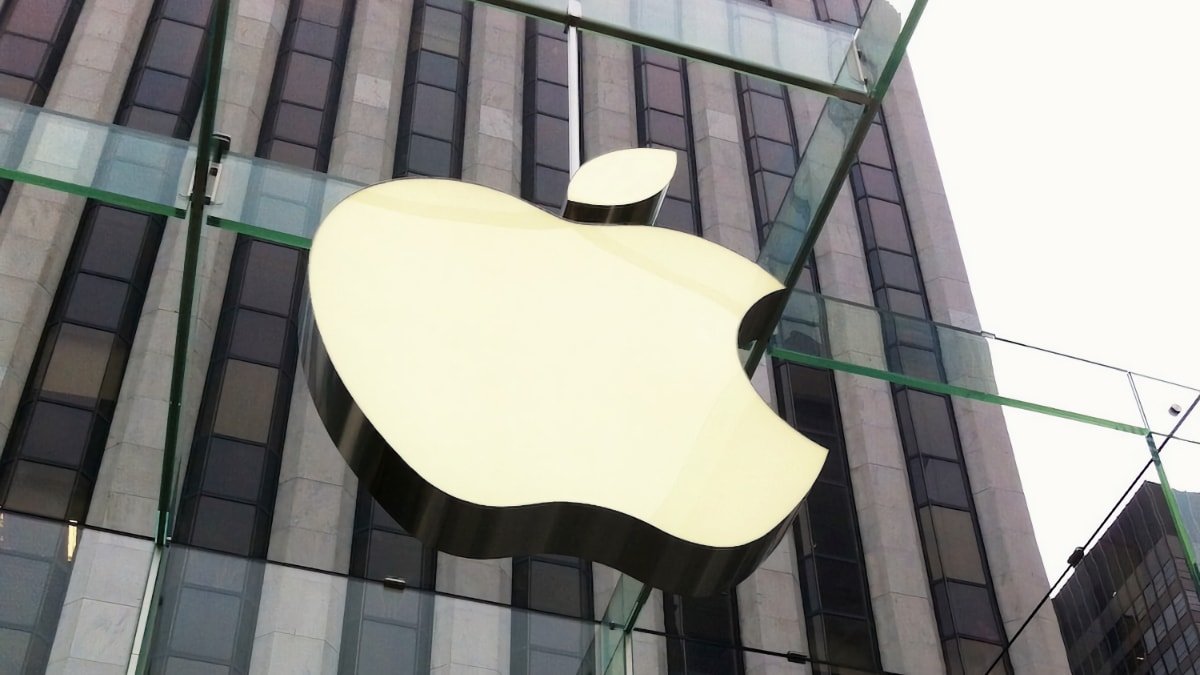In the wake of Apple's recent policy adjustments allowing emulators on the App Store, anticipation for a surge of classic game-playing apps has met with a stark reality: developers are hesitant. This trepidation stems largely from concerns over potential legal challenges from gaming giants such as Nintendo.
The case of the emulator 'Bimmy,' which allowed users to play NES games, underscores this fear. Developer Tom Salvo voluntarily removed Bimmy from the App Store just hours after its release, citing fear of possible legal repercussions rather than any direct pressure from Nintendo or Apple. His decision reflects a broader anxiety among developers about crossing paths with Nintendo, known for its stringent protection of intellectual property rights.
This caution is mirrored in the experience of another developer who faced accusations of violating open-source license agreements. Such incidents highlight the complexities involved in developing and distributing emulators, which are legal themselves but often rely on ROMs—copies of games that exist in a legal gray area unless obtained directly from the original hardware.
Nintendo has historically used the Digital Millennium Copyright Act (DMCA) to challenge emulators that breach their console’s encryption, as seen with the takedown of the Yuzu, a Switch emulator. However, many emulators do not require such sophisticated measures to operate, making them less vulnerable to DMCA-based attacks but still not immune to legal scrutiny.
While Google’s Play Store hosts numerous emulators without significant legal drama, Apple’s App Store has seen a more cautious approach from developers, possibly due to the different legal precedents or enforcement environment. This difference highlights a potential disparity in how emulator apps are treated across mobile platforms.
With high-profile developers like Riley Testut, known for his Gameboy and NES emulators, maintaining a low profile regarding potential App Store submissions, the future of iOS emulation remains uncertain. While Apple’s policy shift appears to open doors, the real test will be whether any major emulators can survive the marketplace without attracting lawsuits.
Developers and consumers alike are left watching and waiting to see who might take the risk of bringing high-profile emulators to the App Store, potentially setting a precedent for the platform's future in emulation.






